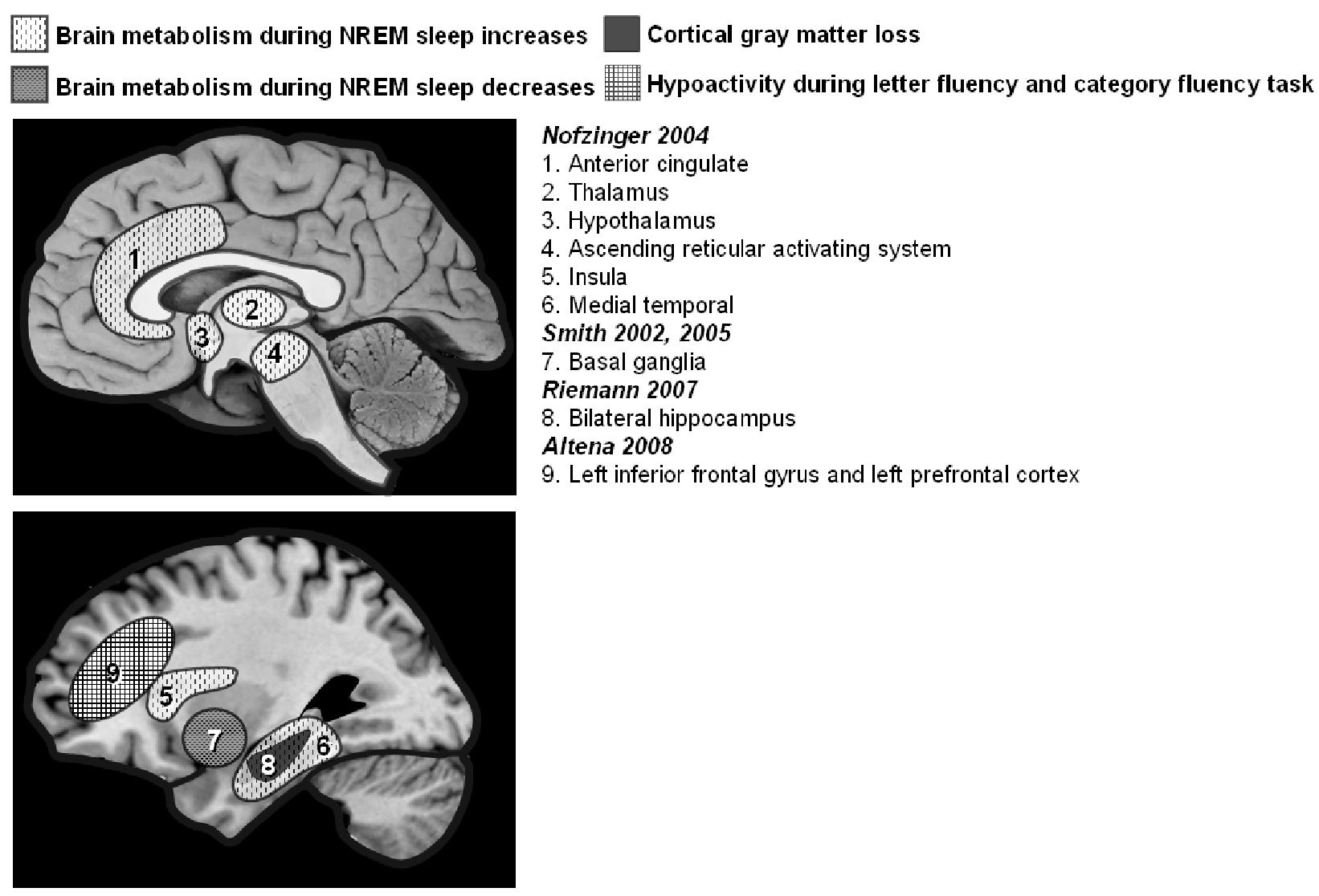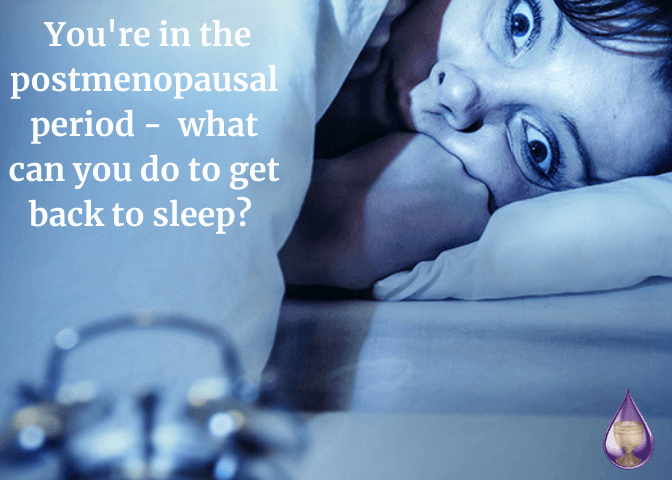

Progesterone – this hormone will lower the amount of estrogen and thereby allow for a sufficient amount of melatonin to be present for sleeping.Quetiapine is also effective at 100mg for insomnia even though this is an off label use.There are a few antidepressants that also help with insomnia and they are trazodone and amitriptyline.Ramelteon stimulates melatonin receptors.Nonbenzodiazepine sedatives: This category includes zolpidem, eszopiclone and zaleplon.Benzodiazepine : There are several sedatives in this category including estazolam, temazepam, clonazepam, flurazepam and triazolam.Midol would not be appropriate for insomnia as it contains caffeine but Pamprin may be helpful. The most common over the counter medications for pms are Pamprin and Midol. Then there are a few over the counter medications as well. Medications: There are a multitude of medications for insomnia though most are intended for long term issues, they have been and are prescribed for pms insomnia. This includes medications both over the counter (OTC) and prescription, herbs, vitamins and supplements, along with food and lifestyle issues. There may not be a cure, but there are certainly many potential treatments and remedies that might help. That may be so but there are specific treatments and remedies that can be considered and tried for the insomnia specifically. Treatments and Remediesįor some treating pms induced insomnia should be as simple as treating the pms itself. All of these are symptoms of pms and all of these are good reasons for not being able to sleep through the night. It is fairly difficult to sleep through or with hot flashes, dreams and nightmares, night sweats, severe cramping and bloating, going to the bathroom frequently, heavy bleeding and tender breasts. It is also true that all the other things that happen during pms that can be caused by insomnia can also be the cause of insomnia. Research is ongoing in this field and no one has all the answers but it certainly appears that the intersection between the sleep cycle and the menstrual cycle ends up having profound effects on the woman. Serotonin is also reduced at this time in the cycle and the combination of reduced serotonin and reduced melatonin results in increased insomnia. In pms there is a problem with the secretion of melatonin and it may be reduced by the estrogen production. Estrogen is produced in large quantities in the follicular stage of the menstrual cycle. On the other hand melatonin, necessary for deep sleep seems to be negatively impacted by estrogen. Women fall asleep but do not reach REM or dream sleep. However in the luteal stage of the cycle, when progesterone is created, seems to defeat this as progesterone seems to raise the body temperature. This happens because REM sleep occurs when the body temperature is low. In a variety of sleep studies on women in the menstrual cycle there is a clear downward spiral in REM sleep during this luteal stage. This is the stage in which progesterone begins to be created in larger quantities than estrogen and begins to dissipate the excess estrogen. So what is the cause of this really difficult and intrusive problem? Insomnia is much more common in healthy women than it is in men and usually ten to fourteen days out from the start of their period bleeding during the luteal stage of the cycle. Or is it from another reason entirely? How severe is pms insomnia? First let’s look at what this inability to sleep might be caused by. Is it due to the increased production of hormones and the related imbalance that causes during the pre-menstrual, follicular and luteal stages of the menstrual cycle? So what is the cause of insomnia that is associated with a woman’s period? The last possibility is that you can wake up too early and not be able to go back to sleep.

It can happen at sleep onset when you are trying to fall asleep, or you can wake up in the middle of the night and not be able to go back to sleep. This pms induced insomnia can occur at any time during the sleep cycle. For that reason it is really important to understand menstrual cycle related insomnia, its symptoms and causes. These physical issues can lead to emotional and relationship issues as well. Is there anything that can be done about this? This before, during and sometimes post cycle insomnia can lead to a lot of other issues such as irritability, anxiety, headaches, night sweats, and overwhelming fatigue. So many women and their partners have to deal with this challenge every single month.


 0 kommentar(er)
0 kommentar(er)
